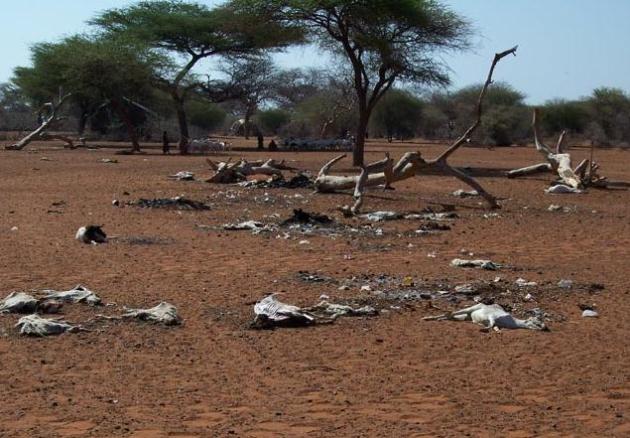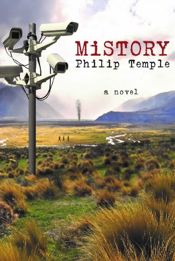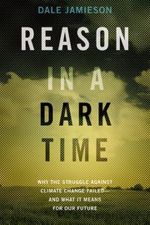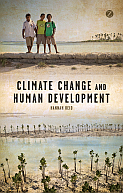 It is depressingly apparent that powerful forces in the global economy are set to carry on with the exploration for and use of fossil fuels as a primary source of energy for decades to come. Oxfam has produced a report identifying the confluence of fossil fuel companies, governments and investors which givers momentum to the disastrous course along which we are being impelled.
It is depressingly apparent that powerful forces in the global economy are set to carry on with the exploration for and use of fossil fuels as a primary source of energy for decades to come. Oxfam has produced a report identifying the confluence of fossil fuel companies, governments and investors which givers momentum to the disastrous course along which we are being impelled.
Food, Fossil Fuels and Filthy Finance pulls no punches. It points to the evidence from the Tyndall Centre that, in the absence of an unprecedented change in the global use of fossil fuels, we are heading for a global temperature rise of 4 to 6 degrees by century’s end.
Warming at this rate would leave hundreds of millions of the world’s poorest people at risk of severe hunger and drought by 2060. Even 2 degrees is going to have widespread human impacts and cause serious setbacks to development. The ‘hunger costs’ of fossil fuels are set to be the most savage impacts of climate change for millions globally. Farmers in many African countries are likely to see decreases in yield decade by decade, in spite of adaptation measures. The report details much more by way of cascading adverse impacts on populations least equipped to cope with them. It also points to severe economic and business risks in store for the developed countries as climate change begins to bite in their regions.

 Anyone who follows the science of climate change knows that we are heading for environmental and social turmoil along our current path. In his new novel
Anyone who follows the science of climate change knows that we are heading for environmental and social turmoil along our current path. In his new novel  Dale Jamieson is a philosopher long acquainted with the work of climate scientists. His recently published book was begun 25 years ago, “an avocation that became an obsession”. He used to joke when asked why the book wasn’t appearing that he was waiting to see how the story ended. Then it dawned on him after the failed 2009 Copenhagen conference that there was no ending, and certainly not a happy one. The continuing journey is largely a matter of salvaging what we can from the wreckage. The book’s title sets the stark picture:
Dale Jamieson is a philosopher long acquainted with the work of climate scientists. His recently published book was begun 25 years ago, “an avocation that became an obsession”. He used to joke when asked why the book wasn’t appearing that he was waiting to see how the story ended. Then it dawned on him after the failed 2009 Copenhagen conference that there was no ending, and certainly not a happy one. The continuing journey is largely a matter of salvaging what we can from the wreckage. The book’s title sets the stark picture:  It has been clear for some years that climate change is affecting poorer populations sooner and more gravely than it is economically developed societies. There is little sign that the wealthy nations are much disturbed by this fact, and no sign that it has any braking effect on the inexorable drive to find and exploit fossil fuel reserves. But there are some who care and they can show a dogged persistence in demanding that we take notice of how drastically the climate change for which we are responsible is threatening the lives of people with few defences against it.
It has been clear for some years that climate change is affecting poorer populations sooner and more gravely than it is economically developed societies. There is little sign that the wealthy nations are much disturbed by this fact, and no sign that it has any braking effect on the inexorable drive to find and exploit fossil fuel reserves. But there are some who care and they can show a dogged persistence in demanding that we take notice of how drastically the climate change for which we are responsible is threatening the lives of people with few defences against it.